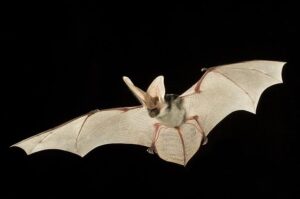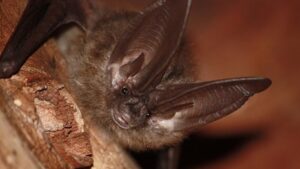Holy Flying Mammals Batman!
October 24-31, 2020 is Bat Week, an annual international celebration of our amazing flying friends and their important role in our ecosystem.
While we may not see these nocturnal beauties very often while we’re going about our daily lives they serve many crucial roles in preserving the health and diversity of our environment; from eating an incredible number of insects, to pollinating flowers and crops, to spreading seeds leading to the germination of new trees and bushes.
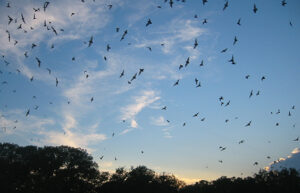 |
| A cloud of bats (Paul Cryan) |
One of the major threats to bats right now is White Nose Syndrome (WNS). This is a debilitating fungus that attacks the respiratory system of infected bats. It can be transmitted from cave to cave by bats and by people (spores on shoes and other gear).
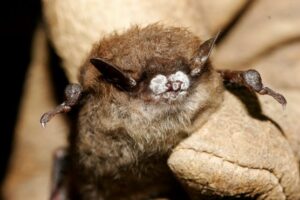 |
| A little brown bat with WNS (Ryan von Linden, New York Department of Environmental Conservation) |
How You Can Help Bats
-learn more about bats and bat week
-share bat info and/or photos on social media using #batweek
-stay out of caves if possible and if you do visit
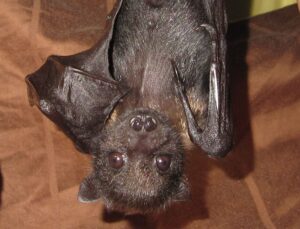 |
| baby flying fox (Julia Boland, USFWS) |
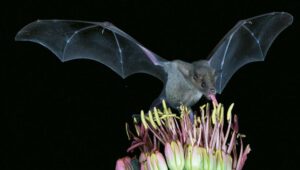 |
| lesser long nosed bat (Bruce D. Taubert/Bat Conservation International) |


